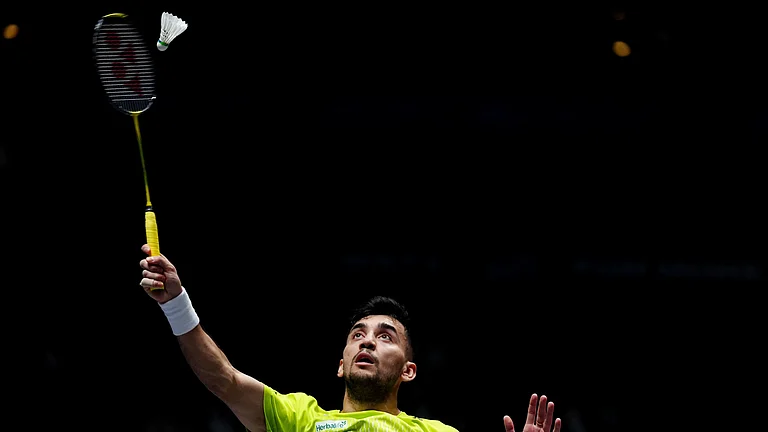The Supreme Court on Tuesday lambasted Punjab government over stubble burning, one of the factors for air pollution in Delhi-NCR.
The Apex Court observed that farmers are being made a villain as they are not being heard in the court.
The Supreme Court stated the Punjab government's report suggests that 8,481 meetings have been held with farmers and farm leaders to convince them to not burn paddy straws by state house officers, HT reported.
It also recorded in its order that the upward trend in farm fires has not abated.
“984 FIRs have been lodged against landowners for stubble burning. Environmental compensation amounting to more than Rs 2 crore has been imposed of which Rs 18 lakh has been recovered,” SC said.
A bench of Justices SK Kaul and S Dhulia ordered the Punjab and Delhi governments to take action against the burning of agricultural waste, which adds significantly to Delhi's AQI crisis.
“Why doesn’t the Punjab government make the process of crop residue 100% free? To burn it, all the farmer needs to do is light a matchstick. Machine for the management of crop residue to farmers is not everything. Even if the machine is given for free, there is diesel cost, manpower, etc,” the Supreme Court said.
The top court asked why Punjab cannot fund diesel, manpower, etc. and utilise the byproduct.
“The state of Punjab should also take a cue from the state of Haryana in the manner in which financial incentives are given,” said the Supreme Court.
The court also observed that land in Punjab is becoming arid slowly because the water table is getting depleted. If the land runs dry, everything else will get affected, the apex court said.
“Somewhere the farmers should understand or be made to understand the consequences of growing paddy,” it told the Punjab government.
The court also asked attorney general R Venkatramani to explore “how you can discourage paddy and encourage alternate crops”.
The Supreme Court, in its order, also said that a committee must look into the aspect of discouraging the cultivation of rice. Long-term impact could be disastrous, it said.
The top court added: "thus, persons concerned must put their heads together to see how to encourage switching over the alternate crop.”
Amid the political blame over air pollution, the top court also observed that state governments and the Union government must forget the politics and figure out how to do this.
"If the blame game continues, land will run dry, water will disappear," it said.






















